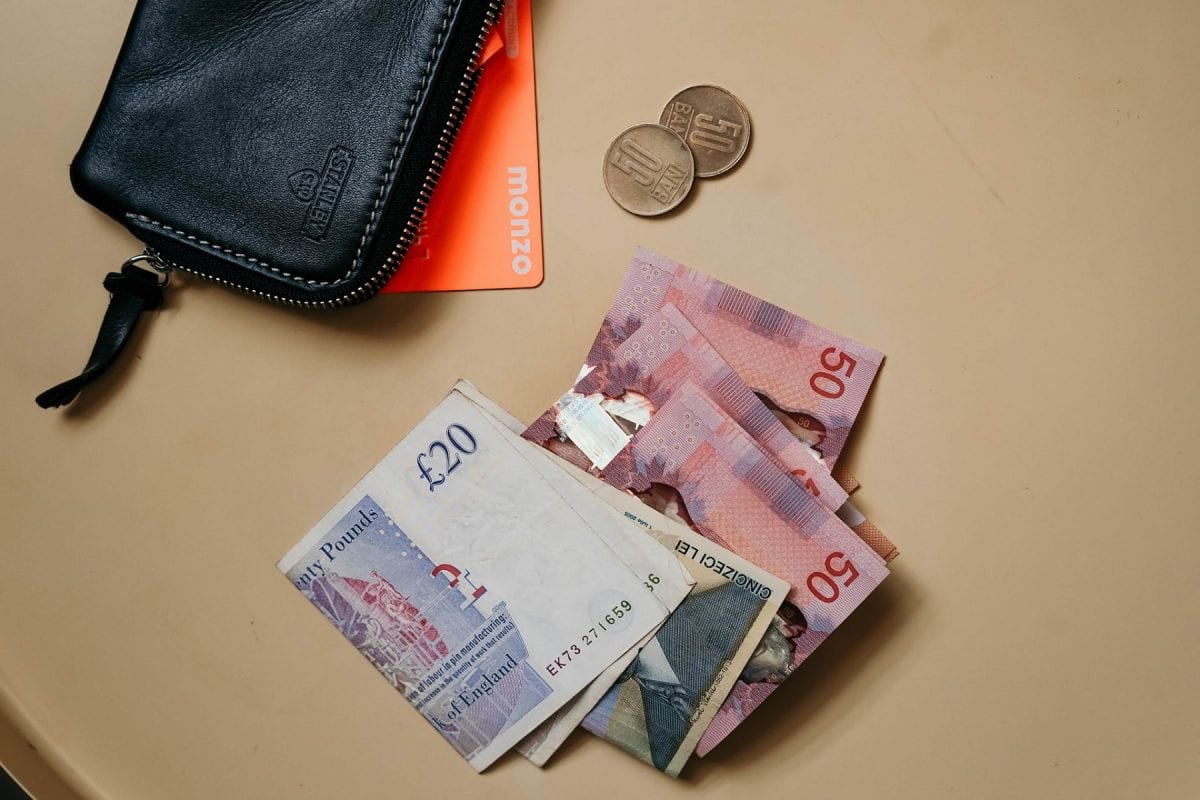Wanting to realise some real cash? You could consider cashing out your pension, however, you may want to think about the tax implications of doing so. Here we take a look at cashed out pensions and what they entail when it comes to tax.
Cashing Out Your Pension
Are you one of those unhappy buyers of annuities? You now have a reason to smile because the Government will allow you to swap annuities for cash. This will take effect starting April 2017, according to the Treasury. The secondary annuity market was created as an extension of the pension freedoms that was first announced in 2014 and applied from April 2015. What does it entail?
- No more tax restrictions of up to 70% for annuities sold to a willing buyer.
- Allow annuity buyers to swap it for cash in the future.
- For people with an annuity of negligible amounts, they can swap it for a single, lump sum.
With the 70% lifted, how much tax you’ll have to pay for selling your annuity? Because the sale would be treated as income, it will be taxed on your marginal or highest rate. How much is your annuity worth if you sell it in the new market? There is no specific answer to this, what with the factors that influence annuity rates, such as gilts or the interested paid on government bonds. If the annuity rates are higher, the gilts are likely to be cheaper, which means the sale will fetch you a handsome amount.
But that’s not the only consideration. A buyer will also affect the final cost, as the annuity’s worth will depend on how much it will cost “someone of your age and life expectancy to buy the same annual income for life that you currently receive from the policy”, according to a report in Telegraph. Before you think of selling your annuity, make sure to check out the annuity rates in the market.
Think you may be due a tax refund? Apply here to get your tax back.
Photo by Toa Heftiba on Unsplash

